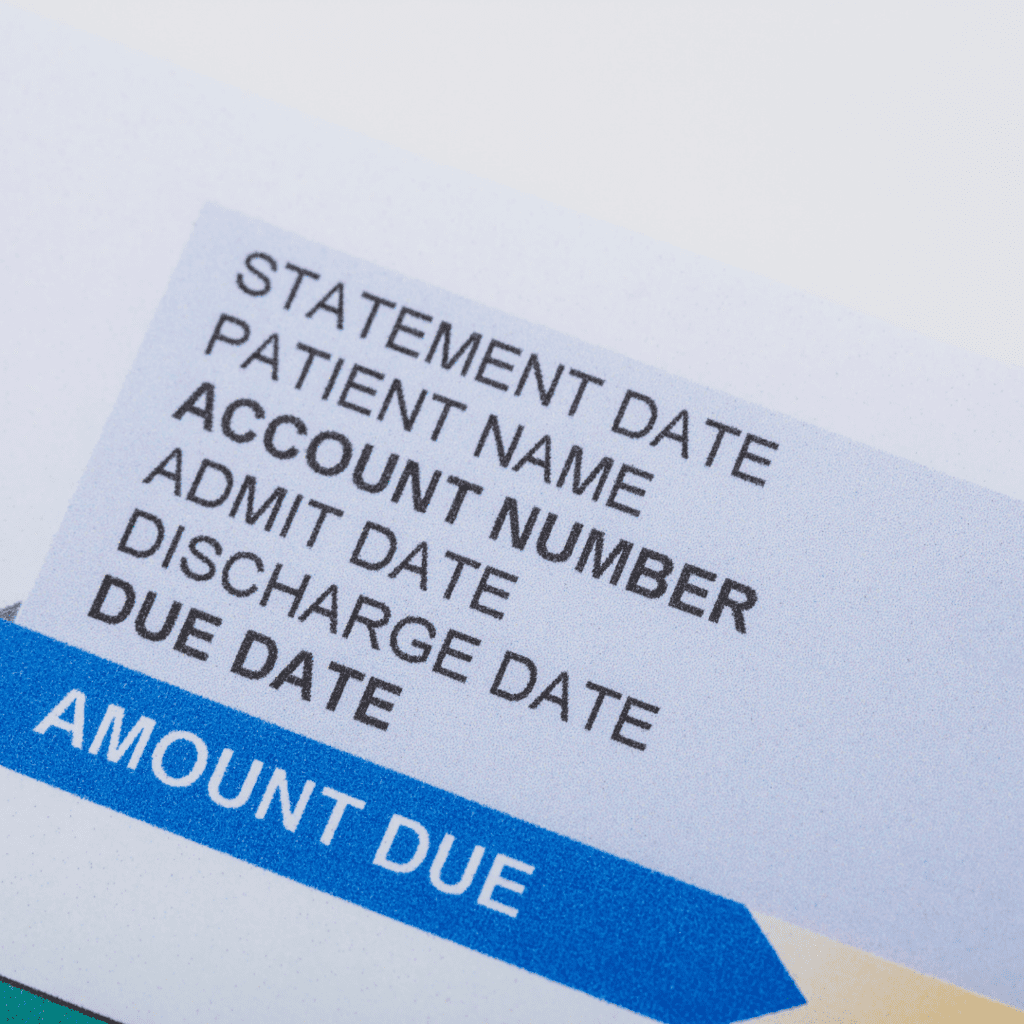Many consumers who are drowning in debt fail to file for bankruptcy even through they need the relief desperately. We have met with people who are terrified at the thought of going bankrupt. They claim that the filing will stay on their credit report for the rest of their life. They fear that they will never be able to get credit again. It is true that a discharged bankruptcy will remain on your credit report for seven to ten years. However, its impact will lessen as time passes and you demonstrate financial responsibility. If you are like most other people who have filed, you can recover after bankruptcy and get new credit again. And this happens before the bankruptcy disappears from your report!
Here are 4 tips to help you get back on track.
-
Watch Your Credit Report
Check your credit report often to confirm that all information is accurate. It is important to ensure that all accounts included in the bankruptcy filing have been removed from your history. Also, make sure any new credit being reported is legitimate. Identity theft is alarmingly common today, so make sure that no one has opened accounts in your name. Consider signing up with a credit monitoring service to receive alerts when changes are made to your credit profile.
-
Get a Secured Credit Card
Some credit card providers will offer you a secured credit card soon after your discharge. These cards require you to make a cash deposit in order to obtain a credit limit of the same amount. (For example, you pay $500 and receive a card with a $500 limit.) The interest rates on secured cards is generally higher. However, they are valuable when you are trying to re-establish a good credit history. After a period of responsible use, the issuer may convert it to an unsecured, traditional credit card.
-
Beware of Scams
During the first few months after your bankruptcy, you may be approached by predatory lenders. Examples are payday loans and companies that specialize in rent-to-own. The ‘easy credit’ they offer comes at a price. Namely interest rates as high as 625% APR. So if you need money, you’re better off waiting until your credit has improved enough to qualify for a traditional loan.
Recently discharged bankruptcies are also targeted by ‘credit repair’ companies. They offer to remove unfavorable items from your credit report for a fee. Don’t let them fool you! Nothing can be eliminated from your credit report unless it is an inaccurate or illegitimate item, and these problems can be solved by you directly.
-
Know Your Borrowing Limit
When you demonstrate your creditworthiness and receive legitimate loan and credit card offers, follow this golden rule. Never borrow more than you make in a month. So if you earn $3500 per month, your maximum debt load at any given time should be $3500.
Bankruptcy can be an alarming prospect, especially if you have always prided yourself on being a financially responsible person. The good news is that it will eliminate your crushing debt burden. You can start rebuilding your credit and enjoying a liberated, debt-free life.
If you have questions about bankruptcy, the debt relief attorneys at Lucid Law are here to answer them. To schedule a free consultation, contact us today. We look forward to being an important part of your debt recovery. We will help you recover after bankruptcy.



